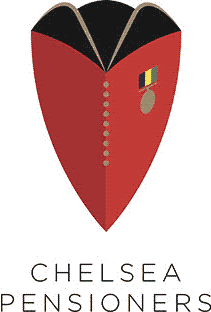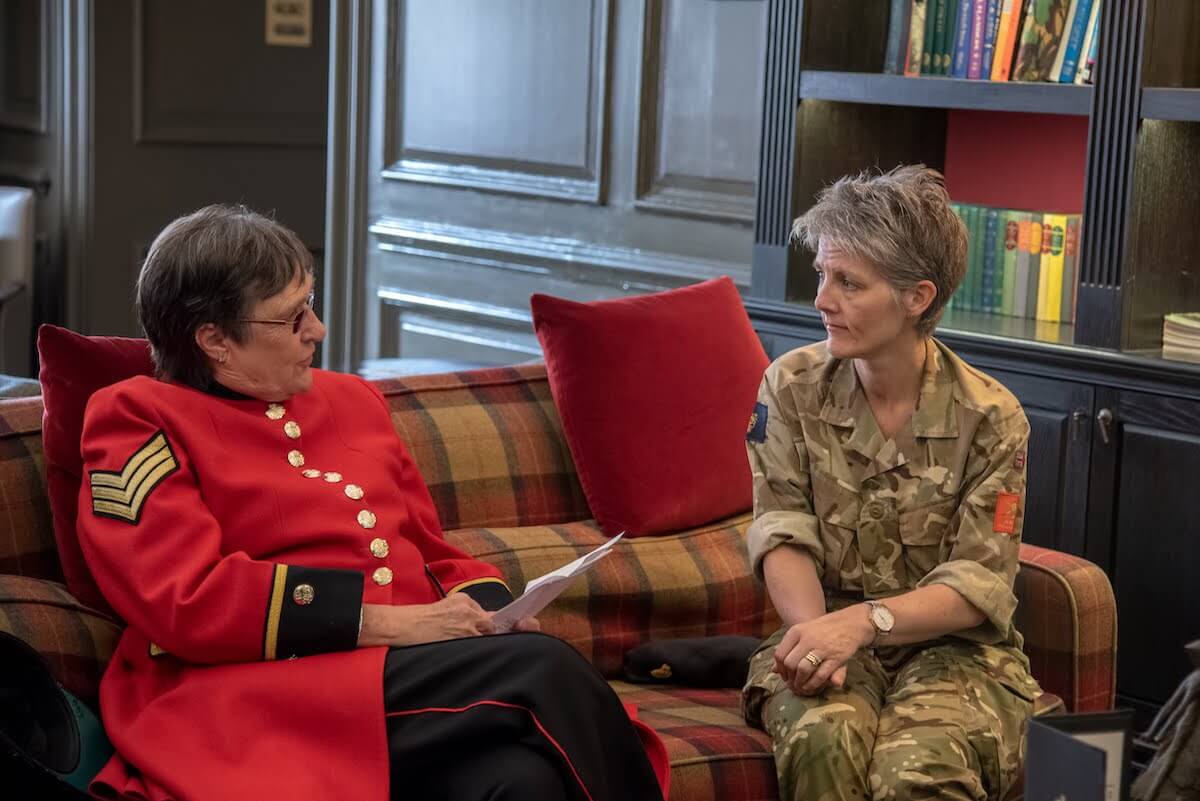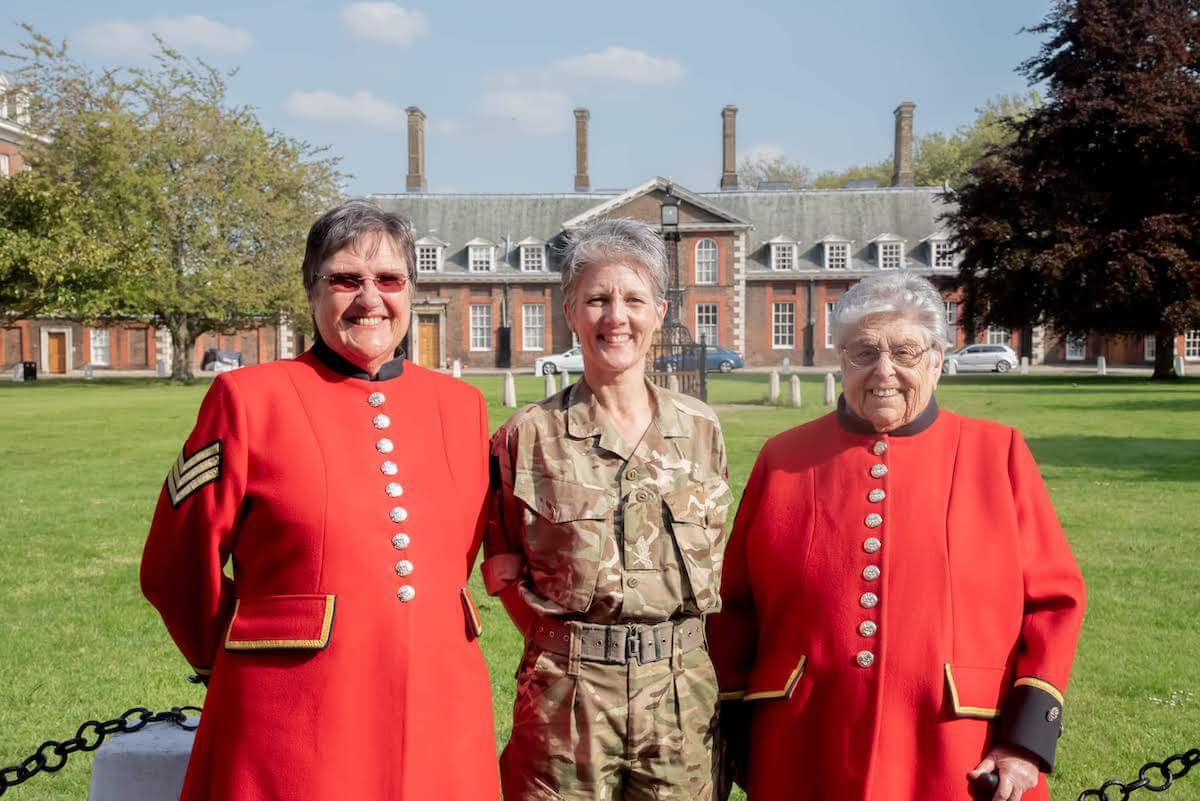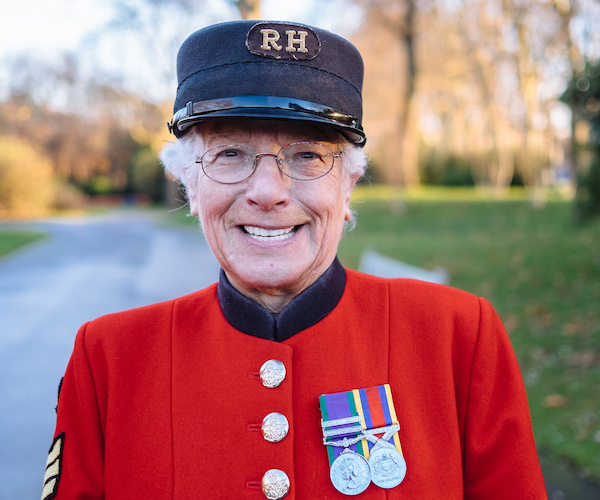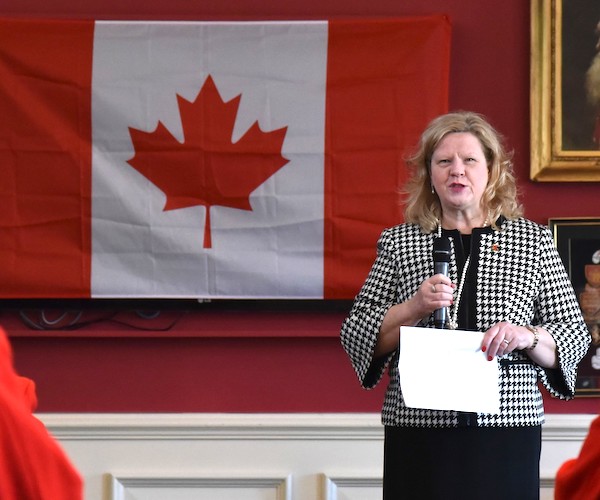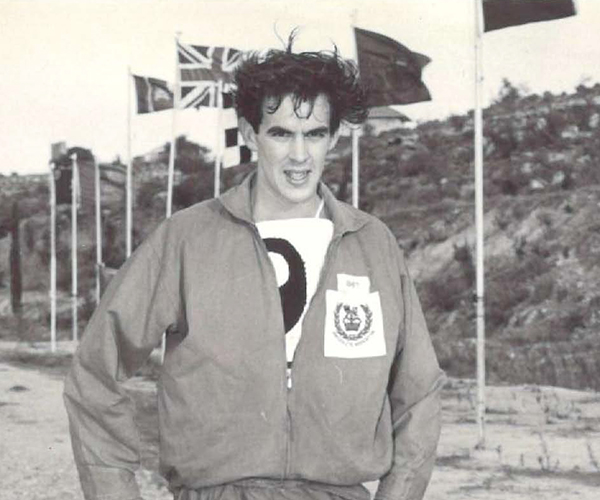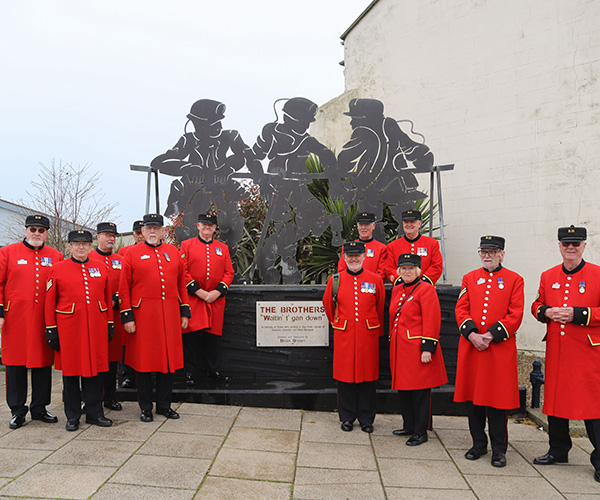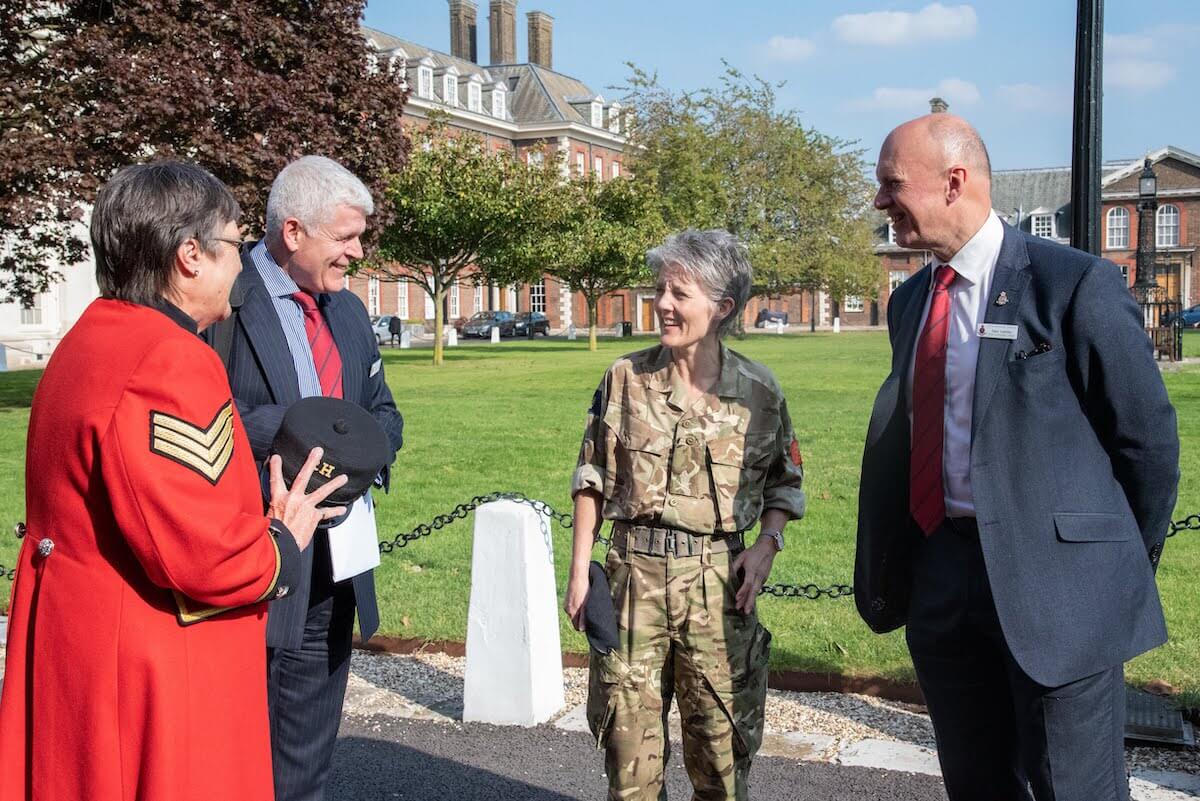
Major General Sharon Nesmith Visits Royal Hospital Chelsea
10th May 2019
The Army’s first female Personnel Director and a Chelsea Pensioner who served in the WRAC share their experiences as women serving their country.
When General Nesmith came to visit the Royal Hospital on April 30th she and Chelsea Pensioner Monica met to talk about their experiences of Army life and how the role of women in the military has changed over the years.
Major General Sharon Nesmith became the first woman to command a British Army Brigade in 2014. She joined the British Army in 1991 and the Royal Corps of Signals a year later. She has served in the Balkans, Iraq and Latvia. She is now most senior woman in the Army and the first serving woman to sit on the Executive Committee of the Army Board (ECAB).
Monica Parrott was born in 1946 and was a member of the WRAC from 1964 to 1969, where she worked as a driver, a staff clerk and a clerical training instructor. After leaving the Army she went on to qualify as a nurse. She is one of 14 female Chelsea Pensioners, coming to the Royal Hospital in 2017.
General Sharon Nesmith joined the Army at a turning point for women. Up until 1949, the majority of women in the Armed Forces belonged to the WRAC, until it was disbanded in 1992 and women were assigned to the various corps and ‘cap badged’, or defined according to their role, in the same way as men:
“I joined the Army in 1992, at the age of 21. Just as I was commissioning, the WRAC – very sadly – was ending. So, I cap-badged as the Royal Corps of Signals. Whilst sad for the WRAC, but I think it was an exciting change for more opportunities for women in the Army and career progression, from which I’ve benefitted.”
It was, however, a difficult time for older women who’d served with the WRAC, as Monica explained to General Nesmith:
“It was very difficult for the women who’d been used to being their own corps. It was a bit heart-breaking for many.”
The two women went on to discuss their different experiences of serving in the Army. General Nesmith expressed her appreciation of her generation’s opportunities to “serve in lots of different places and then progress”. Although she wasn’t particularly aware of a gender divide, she acknowledged that it was there:
“I can reflect back and I think people have a first impression. We have first impressions on what cap badges people are – but for you and I first impressions were of a woman... I think sometimes people have treated me in a different way. Sometimes they were just from a different era or background and it might not have been conscious.”
Monica acknowledged that integrating women might have been difficult for men too:
“They live completely different lives and they speak in different ways. We know It on the wards here – it’s always ‘Ooh, careful, there’s a woman coming’ – as if we haven’t heard bad language! I suppose you joining in with the men was the same thing.”
Nowadays, General Nesmith feels, things have settled down:
“Men now are entirely comfortable with it. The younger generation are largely from a co-education system – their experiences are different, in terms of inclusivity… but I do think there are still areas where we need to do better. We’ve only just opened up combat roles to women so inevitably that means we’ve still got a bit to do – but people are ready and want to do it.”
In Monica’s time, a female general was unheard of. She asked Major Nesmith how it felt to be the first one:
“I was very proud, but there was never a consciousness of ‘Oh my goodness – I’m the first female!’. Retrospectively, I should have celebrated more, because it’s a really big thing and it says so much about the Army and how women are treated. But, if I’m honest, I don’t suppose I felt any different to my male contemporaries at the time.”
She described the huge shift in attitudes since she joined the Army:
“When I joined, I’d signed a piece of paper to say I’d leave if I got pregnant… there’s been a huge cultural change in a relatively short period of time.”
Monica wanted to know what advice the General would give women thinking of joining the Army today:
“Go and look at the different opportunities. There’s literally no job that you cannot do, now that we do combat arms, as well. Just see what you could contribute and what you get back – in skill, life opportunities, the people you meet. As you and I both know, it’s the totality which is very special. The Army is in our DNA.”
As the two women reflected on their memories, General Nesmith told Monica she owed her and her contemporaries in the WRAC a debt of gratitude:
“We could not be where we are now without you and your generation and the WRAC. We have a lot to thank you for.”
“We may not have done what you’re doing now, but at least we started it off. I hope they look on us as pioneers” Monica replied.
